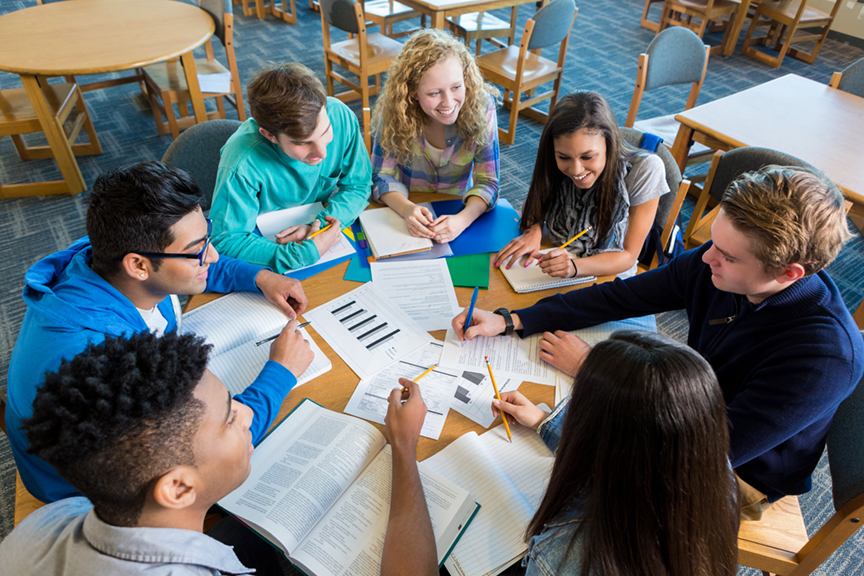
Seek out diverse perspectives to create a depth of understanding in complex issues.
The teacher of a Grade 11 class felt that the learners were not deeply connecting with others’ ideas related to their understanding of the issues surrounding the legalization of cannabis. (Please note that any issue from any discipline could be used here). Instead, they were simply articulating their own views and labelling others’ views as “different” without much background knowledge or understanding of the complexity of the topic. Rather than trying to learn from one another about why their views were different, they were satisfied with accepting that people had different views, and they did not feel the need to challenge their own perspectives. This line of thinking created the perception of tolerance, but really masked a lack of consideration of others’ ideas, a lack of depth of understanding, and a lack of any consideration of changing one’s own thinking.
To assist with a deeper analysis of the topic and a better understanding of each other’s perspectives, the teacher created a new method of collaborative learning. First, learners brainstormed who all the stakeholders might be on the issue and speculated on the perspectives of these different stakeholders. They then speculated on which perspectives might be most different from their own and set out to research those perspectives. They started by interviewing each other about the origins of their own views to engage more deeply with each other’s ideas. These interviews accomplished two goals: they deepened their understanding of both the issue and the other learners’ perspectives, and they deepened the learners’ appreciation of the complexity of perspectives. Learners also researched these different perspectives by contacting organizations representing different views, and by reading and viewing different perspectives from various online and written texts. After looking into various perspectives through secondary sources, they returned to their group to share their findings.
As a result of this process, the learners learned to listen more deeply, and they began negotiating their understanding with others. They became more willing to reconsider their own thinking and even change their perspective in light of the understanding of their peers, outside organizations, and secondary research.
In the end, learners reflected on how their thinking had changed through the process, and what they had learned about the issue and its complexity.